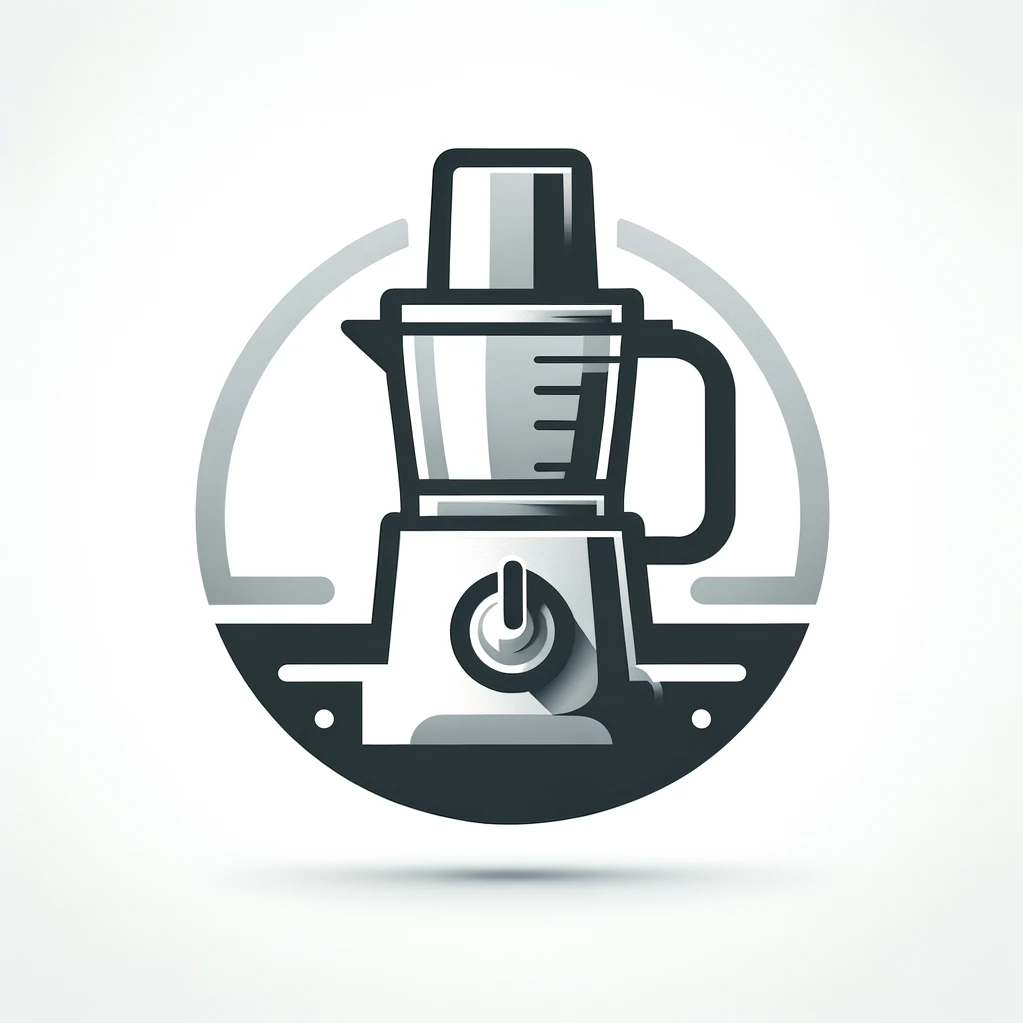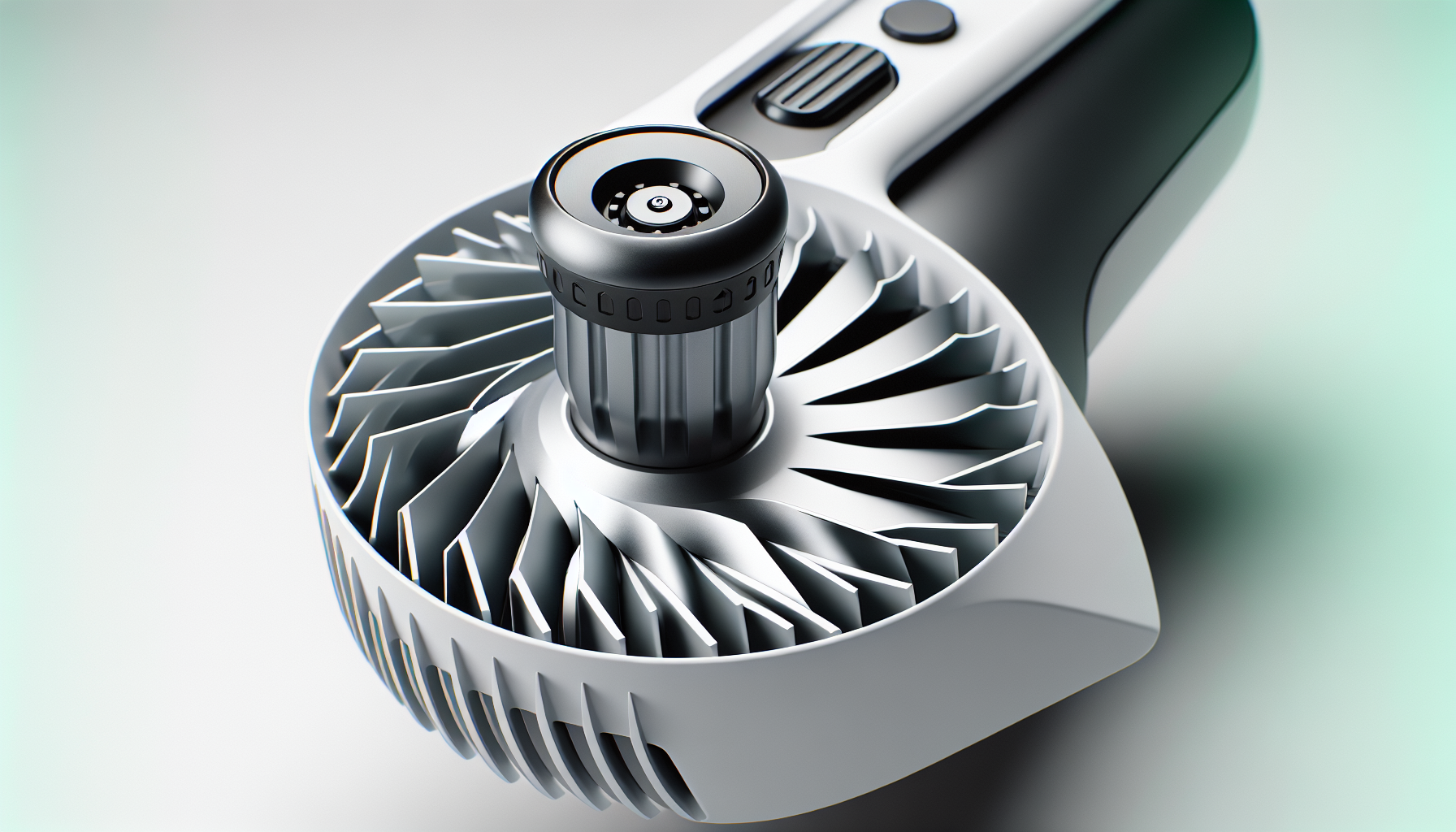Have you ever found yourself torn between the convenience of an electric chopper and the simplicity of a manual one? In the age of advanced technology, it’s easy to overlook the benefits of traditional kitchen tools. In this article, we will explore the age-old dilemma of which is better, a manual chopper or an electric one. By considering factors such as functionality, versatility, and ease of use, we hope to help you make an informed decision and find the perfect chopper for your culinary adventures. So, let’s roll up our sleeves and get chopping!
CHECK OUT FOOD PROCESSORS AND VEGETABLE CHOPPERS ON AMAZON
Cost
Initial cost
When considering the cost of a chopper, the initial investment plays a significant role. Manual choppers tend to be more affordable compared to electric choppers. You can find manual choppers at various price points, catering to different budgets. On the other hand, electric choppers often come with a higher price tag due to the inclusion of electrical components and motors. However, it’s important to weigh the initial cost against other factors such as efficiency and convenience.
Operating cost
In terms of operating cost, manual choppers have an edge over electric choppers. Since manual choppers don’t require electricity to function, they don’t contribute to your electricity bill. Electric choppers, on the other hand, rely on electricity to power their motors, which can add up to your monthly expenses. It’s worth considering the long-term costs associated with owning an electric chopper, including electricity consumption and potential maintenance requirements.
CHECK OUT FOOD PROCESSORS AND VEGETABLE CHOPPERS ON AMAZON
Efficiency
Speed
When it comes to speed, electric choppers have the upper hand. With their powerful motors, electric choppers can quickly and efficiently chop ingredients, significantly saving you time in the kitchen. On the other hand, manual choppers require physical effort and can be slower. It’s essential to determine how important speed is to you in your chopping tasks and decide accordingly.
Consistency
For achieving consistent results, both manual and electric choppers have their advantages. Manual choppers allow you to control the consistency by adjusting the force and speed of your chopping motion. However, due to human variation, achieving absolute consistency can be challenging. Electric choppers, on the other hand, deliver consistent results by offering a standardized chopping speed. This ensures uniformity in the outcome, particularly for recipes that require precise cuts.
Ease of use
Manual chopper
Manual choppers are designed with simplicity in mind, making them easy to use, especially for beginners. With their intuitive design, you can quickly chop ingredients by pressing or pulling a handle, which activates the chopping mechanism. Manual choppers also offer a hands-on cooking experience, allowing you to have direct control over the chopping process. They are generally easy to clean as well, often consisting of detachable parts that can be washed separately.
Electric chopper
Electric choppers provide a more effortless chopping experience. With just a press of a button, these choppers do the work for you, saving you valuable time and effort. They often come with different speed settings, allowing you to choose the chopping intensity based on your preference. Electric choppers may have a learning curve initially, primarily to understand the various functions and settings. However, once you get the hang of it, they offer a convenient and user-friendly chopping solution.
Versatility
Manual chopper
Manual choppers are generally versatile and can handle a wide range of chopping tasks. From chopping vegetables and herbs to crushing nuts and grains, manual choppers can be a versatile addition to your kitchen tools. While their versatility may depend on the specific design and model, most manual choppers can tackle various ingredients, making them a versatile choice for everyday cooking needs.
Electric chopper
Electric choppers also offer impressive versatility. Equipped with powerful motors, these choppers can handle tougher chopping tasks with ease. From chopping hard vegetables like carrots to mincing meat, electric choppers can tackle a wide range of ingredients. Some electric choppers even come with additional attachments, such as shredders and slicers, further enhancing their versatility in the kitchen.
Portability
Size and weight
When it comes to portability, manual choppers are typically more compact and lightweight compared to electric choppers. Their smaller size and lighter weight make them easier to carry and store, which is beneficial if you have limited kitchen space or if you often need to take your chopper on the go. Manual choppers are also a popular choice for camping trips, picnics, and other outdoor activities.
Power source
The power source is a crucial consideration regarding the portability of a chopper. Manual choppers do not rely on any external power source, making them highly portable. Whether you’re out in nature or simply away from an electrical outlet, you can still chop ingredients with a manual chopper effortlessly. Electric choppers, on the other hand, require access to electricity, limiting their portability to areas with power sources. However, they can still be easily moved within your kitchen or taken on trips where electricity is available.
Noise level
Manual chopper
One significant advantage of manual choppers is their silent operation. Since they don’t rely on any motors or electrical components, manual choppers produce minimal noise while in use. This aspect can be particularly appealing for those who prefer a quiet and peaceful cooking experience.
Electric chopper
Electric choppers, by nature, produce some level of noise due to their motorized operation. The noise level can vary depending on the specific model and motor power. While most electric choppers are designed to minimize noise, they will still generate some sound during operation. If noise is a concern for you, it’s worth considering the noise level of the electric chopper you are considering and opting for a quieter model if available.
Power source
Manual chopper
As mentioned earlier, manual choppers do not require any external power source. This aspect gives them an advantage in terms of convenience and independence from electricity. Whether you’re in a location with no power supply or simply want a chopper that doesn’t rely on electricity, a manual chopper can fulfill your chopping needs effortlessly.
Electric chopper
Electric choppers, as the name suggests, rely on electricity to power their motorized operation. This means they need access to an electrical outlet to function. While this may limit their portability, the advantage of an electric chopper is the consistent and reliable power source it utilizes. You don’t have to worry about manually operating the chopper or potential physical exertion, as the electric motor does the job for you.
Maintenance
Manual chopper
Manual choppers are generally low maintenance. They consist of simple mechanical parts that are easy to clean and maintain. Most manual choppers can be disassembled, allowing you to wash each part separately. Additionally, their lack of electrical components reduces the risk of technical issues or breakdowns. Regular cleaning and occasional oiling of the mechanical parts are usually sufficient to keep a manual chopper in good condition for a long time.
Electric chopper
Electric choppers may require slightly more maintenance compared to manual ones. Their motorized components and electrical wiring should be handled with care and cleaned according to the manufacturer’s instructions. It’s crucial to avoid immersing the electrical parts in water or exposing them to excess moisture. Regular inspection for any signs of wear and tear, such as frayed wires or malfunctioning switches, is also recommended to ensure the chopper’s longevity and safe operation.
Durability
Manual chopper
Manual choppers are often known for their durability. Since they lack complex electrical components, they tend to have a longer lifespan compared to electric choppers. Their sturdy construction, typically featuring high-quality plastic or stainless steel blades, ensures durability even with frequent use. Manual choppers are designed to withstand the rigors of chopping and can serve you well for years if properly maintained.
Electric chopper
Electric choppers are generally built to withstand regular use, but their durability can vary depending on the brand and model. It’s essential to choose an electric chopper made from durable materials and with a reputable brand known for quality craftsmanship. Additionally, proper maintenance, as mentioned earlier, is essential to ensure the longevity of an electric chopper. By following the manufacturer’s guidelines and taking care of the electrical components, you can enjoy your electric chopper for an extended period.
Environmentally friendly
Manual chopper
In terms of environmental impact, manual choppers are the more eco-friendly option. Since they don’t require electricity, they minimize energy consumption and reduce your carbon footprint. By using a manual chopper, you contribute to conserving energy resources and reducing greenhouse gas emissions. Choosing a manual chopper aligns with a sustainable lifestyle and can make a positive impact on the environment.
Electric chopper
Electric choppers, while convenient, do have an energy consumption component. Since they rely on electricity, they contribute to the overall energy demand. However, it’s worth noting that advancements in technology have led to more energy-efficient electric choppers in recent years. When choosing an electric chopper, consider one that is labeled as energy-efficient or has a low power consumption rate. This way, you can enjoy the convenience of an electric chopper while minimizing your environmental impact.
In conclusion, the choice between a manual or electric chopper depends on your individual preferences and needs. Manual choppers offer affordability, simplicity, and a hands-on cooking experience, while electric choppers provide speed, convenience, and a wider range of capabilities. Consider factors such as cost, efficiency, ease of use, versatility, portability, noise level, power source, maintenance, durability, and environmental impact when making your decision. Whether you opt for a traditional manual chopper or embrace the modernity of an electric chopper, both can be valuable kitchen tools that enhance your cooking experience.

